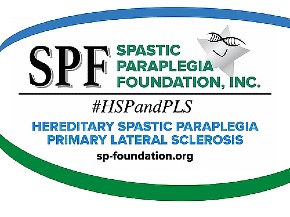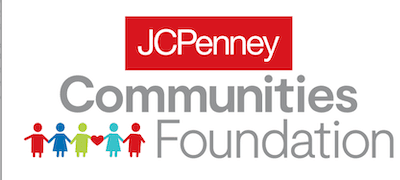You are NOT your HSP! You are a happy person with a condition called HSP. HSP does not define you as a person.
The scientific study of happiness is relatively new. Traditionally, psychologists studied depression, anxiety, addictions, and UN-happiness. (Good news: If you suffer from depression, anxiety, or addiction, there is a lot of psychological and psychiatric help for you.) Recently, there has been more attention on the UP side of life, happiness as opposed to UN-happiness. Scientific studies consistently substantiate a very surprising fact: Life’s circumstances, for example HSP, are relatively insignificant (about 10%) in contributing to your overall happiness. Generally, there are three categories of factors that determine your happiness: (1) circumstances (10%); (2) genetics (50%); and (3) factors YOU control (40%). So, HSP decreases your overall happiness, at most, 10%. It is not very significant.
Life’s circumstances not only are relatively insignificant in contributing to your happiness, any effect of a change in life’s circumstances is short lived. In other words, changing life’s circumstances, like wiping out HSP entirely (we wish) would at most improve your happiness a small amount, and such a change would not have a lasting effect on your overall happiness.
Personally, I have a form of HSP that is known as “adult onset”. Although I recall problems with my balance, sudden weakness in my joints and legs, and muscle spasms, even when I was a little girl, I did not manifest significant symptoms till I was in my 40s, and was not diagnosed with HSP till I was in my 50s. Yet, I am not UN-happier now than before I was diagnosed with HSP! (I am increasingly angry with HSP, and frustrated that I can no longer “do” what I formerly did routinely and without thinking about my accomplishment, but not any more unhappy….)
There is a total of 90% of factors that contribute to our happiness, other than HSP. There is a body of “happiness psychology” that suggests we already have within us the ability to be happy. There is a significant concept in modern psychology that we can change our genetically determined “set point” of happiness, the 50%. Overcoming genetics to promote our own happiness is a worthwhile endeavor, but beyond the scope of this short article. While there are many psychologists that are working to overcome genetics, you should work on factors under your control that contribute to your happiness, the 40%, RIGHT NOW.
My own one-word imperative after having read some of the “happiness literature” is “NOW!”. Strive to live and be present in the NOW – the present, not the past, not the future. Avoid thinking “If only….”
And among the most important factors that we control, and that contributes to our happiness is to “connect”. Do not battle HSP on your own. Although HSP is rare, there are many others who also have HSP. The Spastic Paraplegia Foundation offers “connection” through mutual support and sharing with others who have HSP.
This article is intended to provide general information only. It does not constitute, nor should be relied upon, as providing professional advice or opinion relating to specific facts or circumstances.
Reproduction of all or any part of this column is permitted, provided credit is given to Mary B. Schultz.













